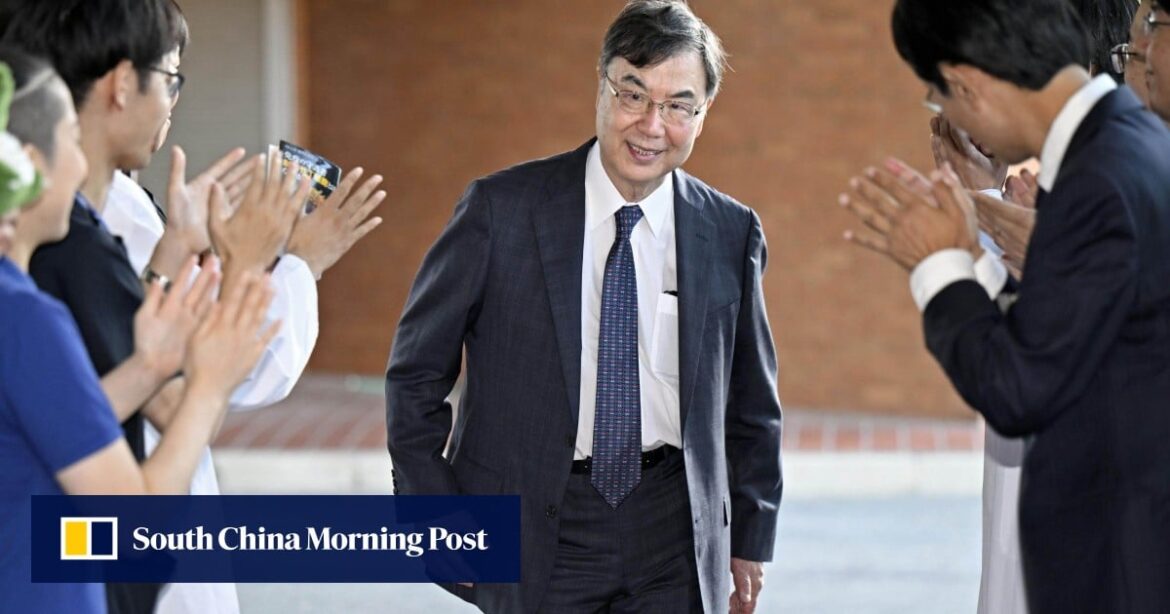Japan’s scientific community is celebrating two Nobel wins this week, but the accolades have also reignited concern over the country’s ability to retain its top researchers amid growing competition from overseas.The wins have renewed scrutiny of the country’s research system, with observers citing poor funding, job insecurity and rigid institutions as factors driving talent abroad – particularly to China.
On Monday, the Nobel Assembly announced that Shimon Sakaguchi and two American colleagues had been recognised for their “groundbreaking” discoveries on how the human immune system was kept in check. Two days later, Susumu Kitagawa became Japan’s 31st Nobel laureate for jointly developing with American and Australian colleagues porous materials that can store and release gases.
While the awards have been applauded domestically, an editorial in the Sankei Shimbun on Wednesday suggested that Sakaguchi’s work had been “generously supported” by the US scientific community and that his award “would not be possible in Japan’s current research environment”.
 Shimon Sakaguchi (left) speaks on the phone to Yoshinori Ohsumi, winner of the Nobel Prize in physiology or medicine in 2016, on Tuesday. Photo: Kyodo
Shimon Sakaguchi (left) speaks on the phone to Yoshinori Ohsumi, winner of the Nobel Prize in physiology or medicine in 2016, on Tuesday. Photo: Kyodo
The editorial pointed out that Sakaguchi’s research was “unconventional” and that it took the 74-year-old 20 years to prove his theory, followed by a further 20 years before he won the Nobel.


AloJapan.com